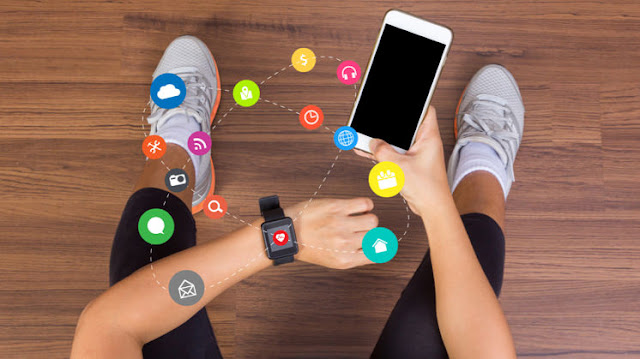Countries are in a lockdown. Offices are shut. Limited work is happening from home but that does not halt process of science and technology. Rather, extra-ordinary circumstances, tough challenges are what call for extra-ordinary solutions that later on become part of our daily lives. As the world waits for a cure or vaccine for Coronavirus, to get us back to how we were before, here is a list of some technologies that are seeing an uptick in their development or implementation.
Universities have been pushing to speed up the detection of the virus. A designed invention works around the two step PCR needed for every COVID RT-PCR test. Combining the two polymerases, solves supply side issues involved in manufacturing testing kits.
Richer people make longer phone calls, have more contacts and have more balance in their phone accounts
While there are definitely privacy concerns when such data is utilized, a simply way to allay those concerns is to simply use it in emergency and not at all times.
Reports are flying in from Australia, Chile, Ireland, Ghana and Malawi to name a few countries that have been using drones to make deliveries on a urgent basis. You can check here for more drone related reports







